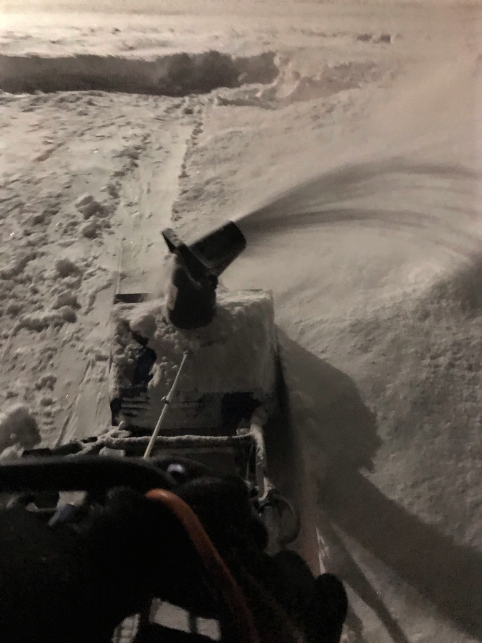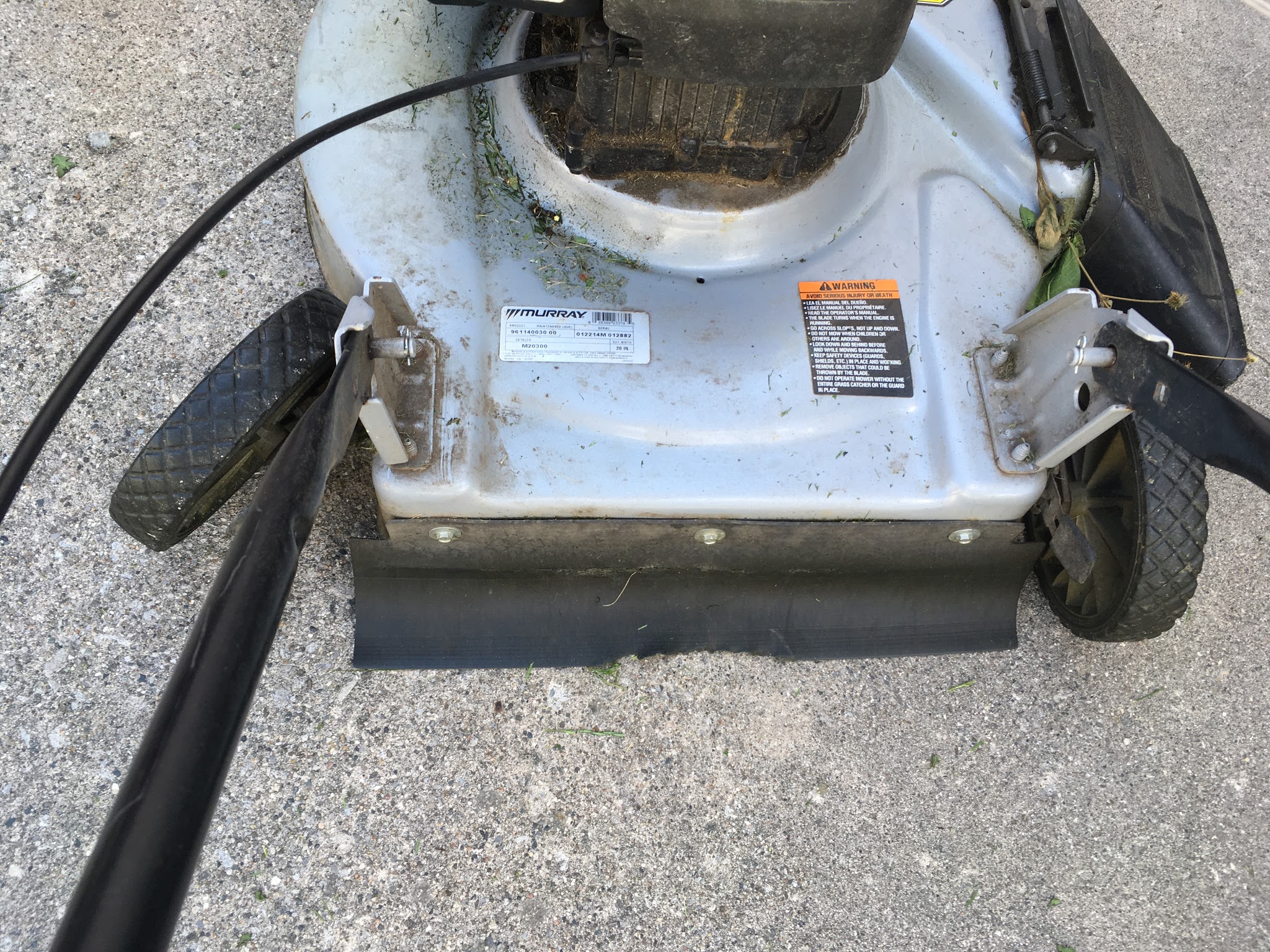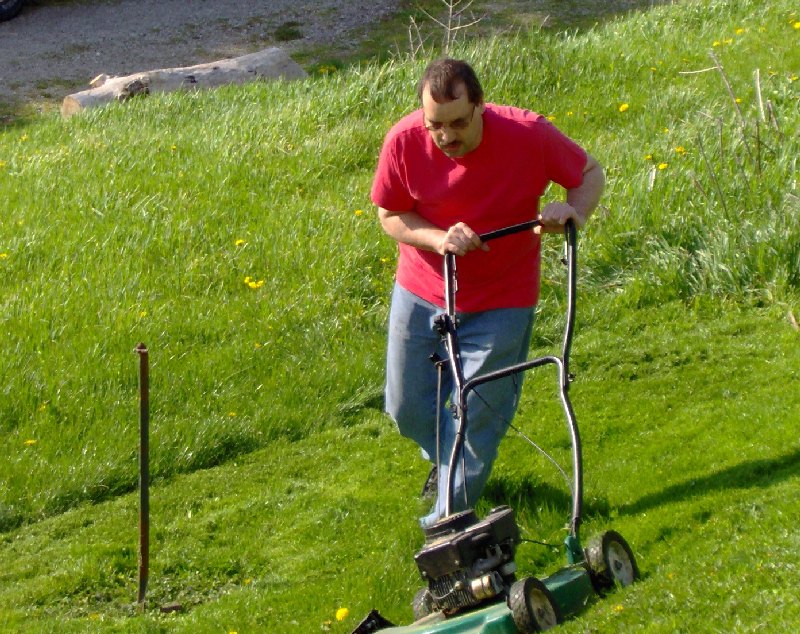We're close to the anniversary of one of the most famous disasters in American history. No, I’m not talking about the birth of Kanye West. I’m speaking of the Great San Francisco Earthquake and Fire, which struck at 5:13 a.m. on April 18, 1906.
Which was way too early to be waked up that way, or any way.
We seem to be in the age of disasters, so it might be worth remembering that bad things have been happening to good people for a long time, not just since the Kardashians went on the air. One thing that remains the same is human nature: No one wants to think about disasters until they happen, and then their primary mission is to avoid responsibility. This is followed by a building period of forgetfulness, and then the cycle begins anew.
 |
| "Gesundheit." |
Just as the Great Chicago Fire was accompanied by forest fires that killed thousands in the Midwest, and Hurricane Katrina devastated areas far from New Orleans, the 1906 quake shook up much more than San Francisco. In fact, it was felt from Oregon to Los Angeles, and as far east as Nevada. Two minor earthquakes even hit Las Angeles at about noon that day, probably caused by the earlier shaking. A line of trees two hundred feet wide were smashed along the fault line; small towns along the way were flattened, and any building actually built on the fault found itself at fault.
At least 3,000 people died, and a half million dollars in damage resulted – 1906 dollars. It was … well, it was a disaster.
Many people don’t know that most of San Francisco was not flattened by the earthquake; it was destroyed by the fire that followed.
A rattled homeowner, glad to be alive, got hungry after the earthquake and decided to cook up some ham and eggs, without bothering to check on whether their home’s chimney had been damaged. The resulting blaze, called the “Ham and Egg” fire (naturally), later joined up with other fires to destroy most of the city. Whether that resident actually got to eat the ham and eggs wasn’t reported.
 |
| "Pass the orange juice." |
So, where the heck was the fire department?
Well, Station #4 wasn’t there anymore: A hotel collapsed on it. The Chief of the San Francisco Fire Department, Dennis T. Sullivan, threw himself out of bed and dashed through the door of his quarters, which was located at the top of another firehouse on Bush Street. (No relation to G.W.)
Unfortunately, the dome of a theater next door had just brought down the rest of the Chief’s fire station, and he dashed into mid-air. He died later that week, leaving the SFFD without its leader.
But Chief Sullivan had built a good department, and the men and equipment still standing dashed into action. Sullivan had recommended the building of a special water system, which could provide water from San Francisco Bay in case an earthquake sheared through regular water mains.
Unfortunately, the City Council refused to fund the system. The regular mains were, indeed, shattered, leaving most of the city dry. U.S. Navy personnel, always ready to help, laid a long fire hose from the bay and put it into action. But the tactics of operating a fire hose aren’t as easy as they appear, and the hapless sailors were outmaneuvered by the flames. They had to retreat, leaving the hose behind.
 |
| Steam fire engines generated almost as much smoke as the fires. |
That morning a telegraph station in San Diego sent reports of the disaster to the ship “U.S.S. Chicago”, which immediately steamed for San Francisco. It was the first time a wireless transmission was ever used during a disaster. Later the fire alarm and telegraph offices in the city had to be abandoned to the approaching flames, making communications more difficult. It became impossible to coordinate firefighting efforts.
By that time word had gotten out, and Secretary of War Taft ordered all available relief supplies and military units to San Francisco. He later became president, so Taft must have done an okay job.
Less helpful individuals began looting the city, and the Mayor declared open season on such lowlifes. Several were shot; none were missed.
Eventually, with the assistance of volunteers, firefighters, military personnel, and demolition of buildings to create fire breaks, the blaze was controlled. It was time to take stock, and to determine what to do to prevent such a calamity in the future.
No need, according to Father Ricard of the University of Santa Clara, who wrote to a newspaper: “Never mind foreboders of evil: They do not know what they are talking about … those who venture out with predictions of future earthquakes when the main shock has taken place ought to be arrested as disturbers of the peace.”
In other words, don't worry – it won't happen again.
 |
| San Francisco City Hall has looked better. |
What have we learned from this?
Well, be careful before running through doorways after an earthquake, of course. Good communications are vital. You can’t put out a fire without water. Shooting looters is worth a bullet. Courage alone doesn’t make up for a lack of training and preparation. Don’t cook breakfast until after you’ve started your brain up in the morning.
Finally, and most importantly: Hiding from reality doesn’t prevent anything except being prepared. If somebody tells you “It won’t happen here”, hit them. Preferably in the mouth, so they don’t keep spouting nonsense.
Because it could happen tomorrow.
Some of our books cover fires and disasters, and others are just escapism:
· Amazon: https://www.amazon.com/-/e/B0058CL6OO
· Barnes & Noble: https://www.barnesandnoble.com/s/"Mark R Hunter"
· Goodreads: https://www.goodreads.com/author/show/4898846.Mark_R_Hunter
· Blog: https://markrhunter.blogspot.com/
· Website: http://www.markrhunter.com/
· Instagram: https://www.instagram.com/ozma914/
· Facebook: https://www.facebook.com/MarkRHunter914
· Linkedin: https://www.linkedin.com/in/markrhunter/
· Twitter: https://twitter.com/MarkRHunter
· Youtube: https://www.youtube.com/@MarkRHunter
· Substack: https://substack.com/@markrhunter
· Tumblr: https://www.tumblr.com/ozma914
· Smashwords: https://www.smashwords.com/profile/view/ozma914
· Audible: https://www.audible.com/search?searchAuthor=Mark+R.+Hunter&ref_pageloadid=4C1TS2KZGoOjloaJ&pf
Remember: In a disaster books might be the only entertainment left.




 The worst day mowing is still better than the best day snow blowing. But it's coming, soon enough.
The worst day mowing is still better than the best day snow blowing. But it's coming, soon enough.






